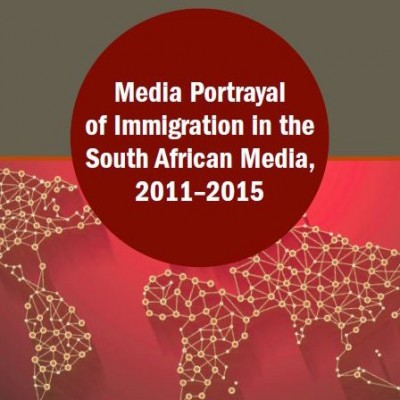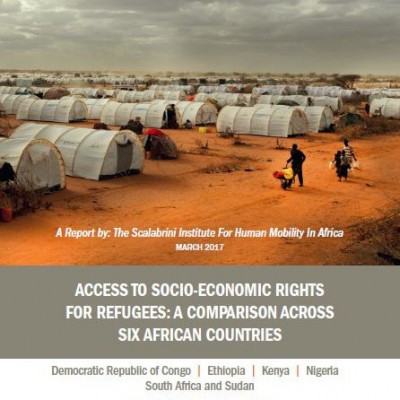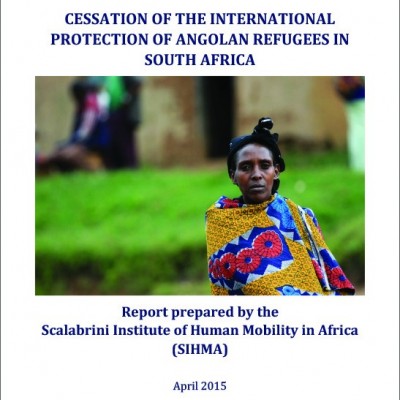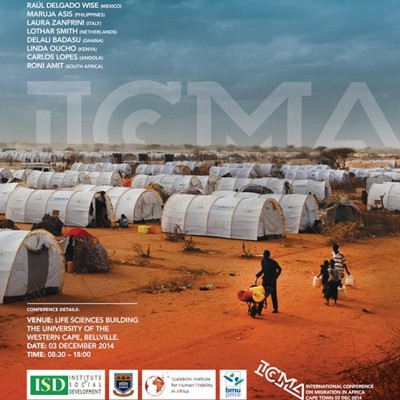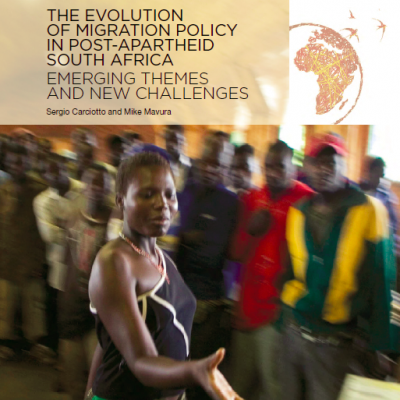
The evolution of migration policy in post-apartheid South Africa
In post-apartheid South Africa, migration policies and legislation have failed the declared objective of enhancing the development potential of migration, leaving critical issues such as social cohesion and integration unsolved. A large emphasis has been placed on the securitisation of migration and the tightening of the immigration regime in an attempt to crack down on irregular arrivals.
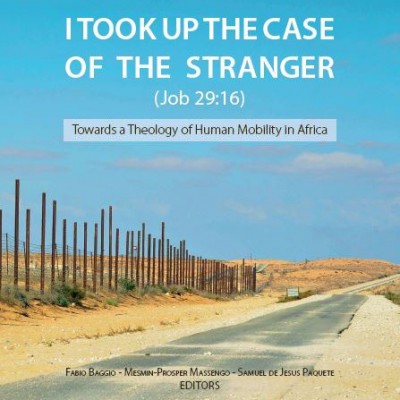
Towards a Theology of Human Mobility in Africa
Today human mobility in Africa poses serious challenges to the Catholic Church, whose doors are often those knocked daily by migrants and refugees, seeking material and spiritual answers to their plight. The Church is called to promote a different perspective, where asylum, displacement and migration become a component of dialogue among cultures and societies, and where people on the move are viewed as fellow human beings. Moreover, the Church is expected to question a model of development, which ignores inequalities...


